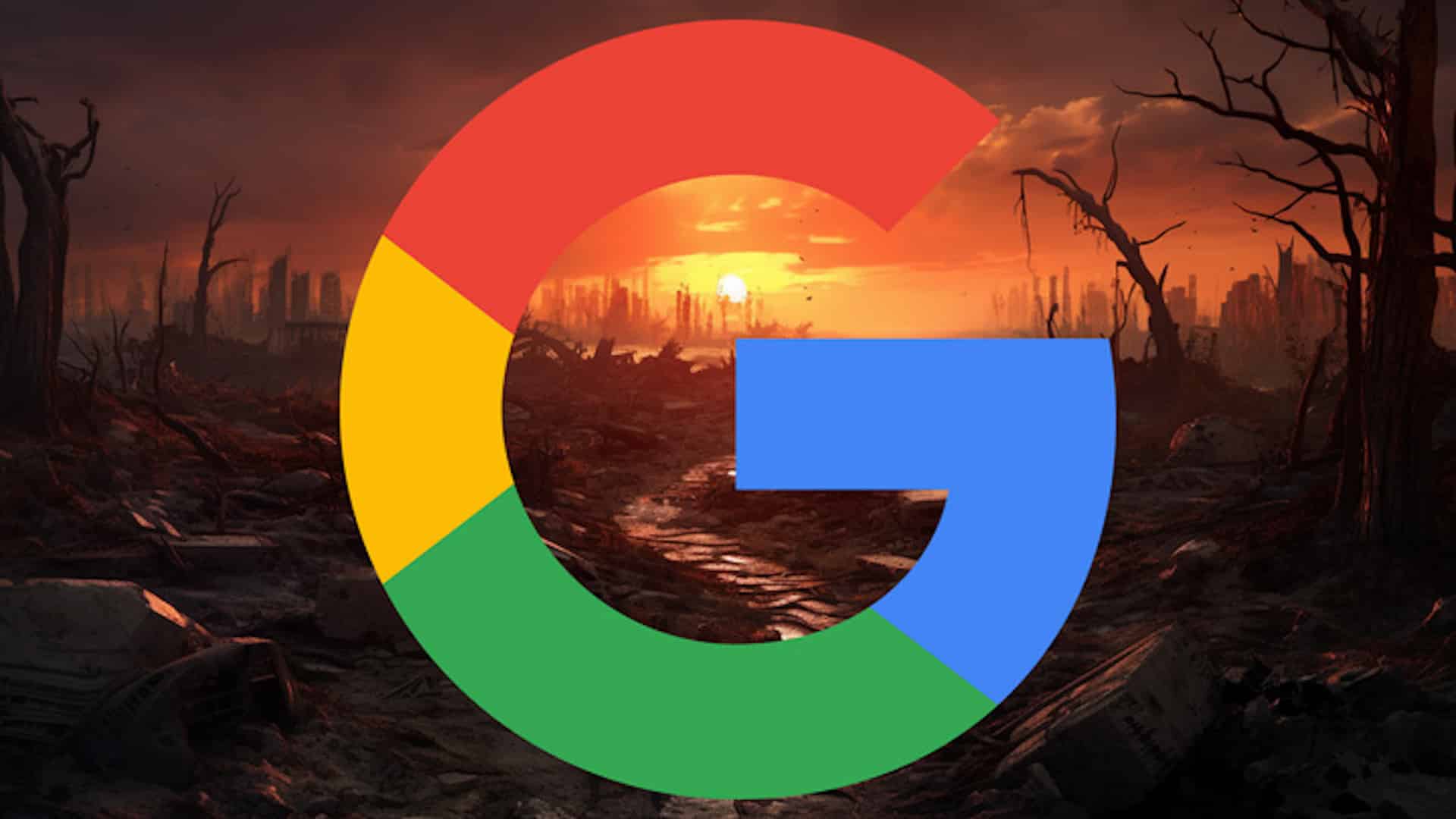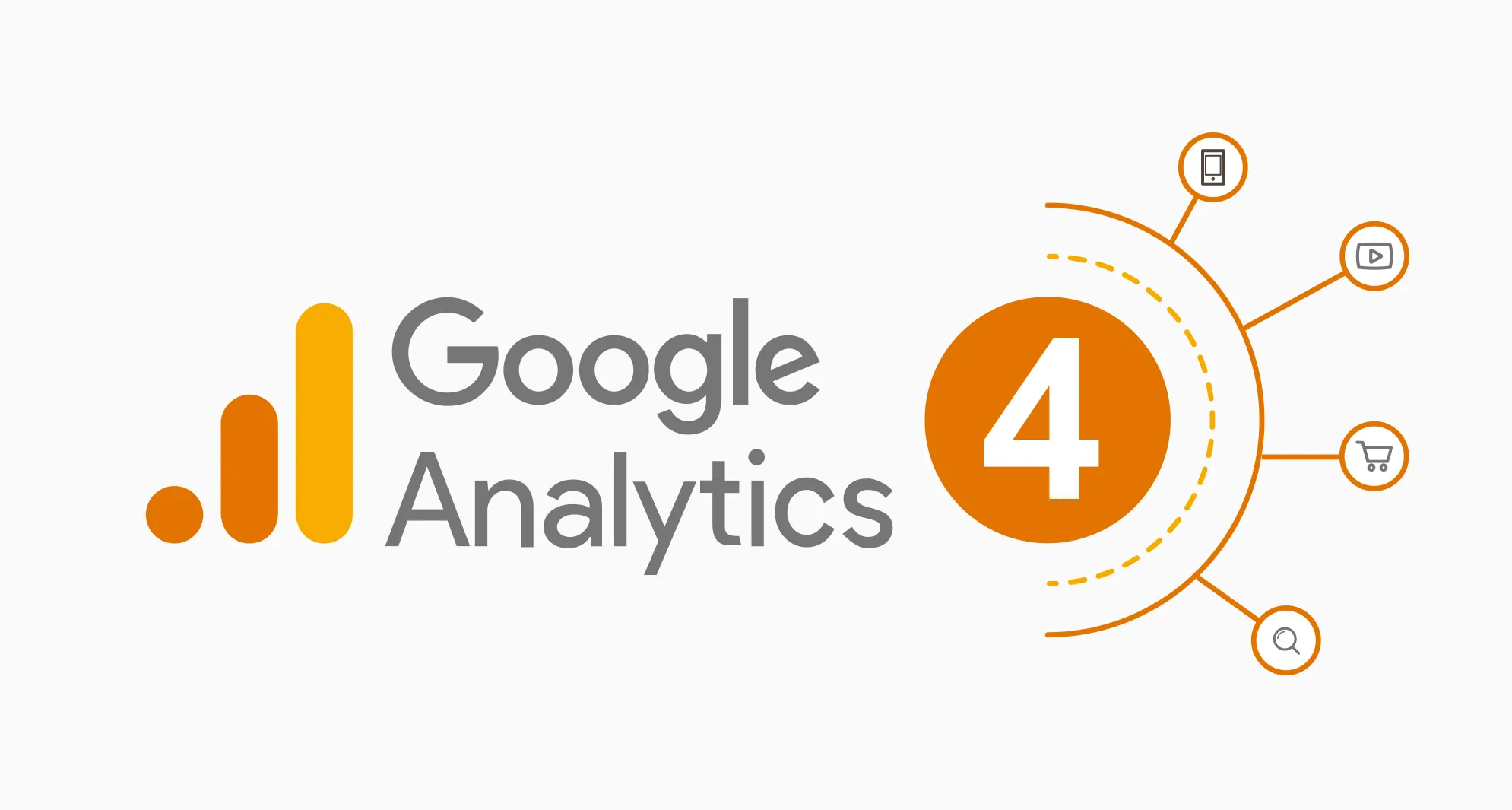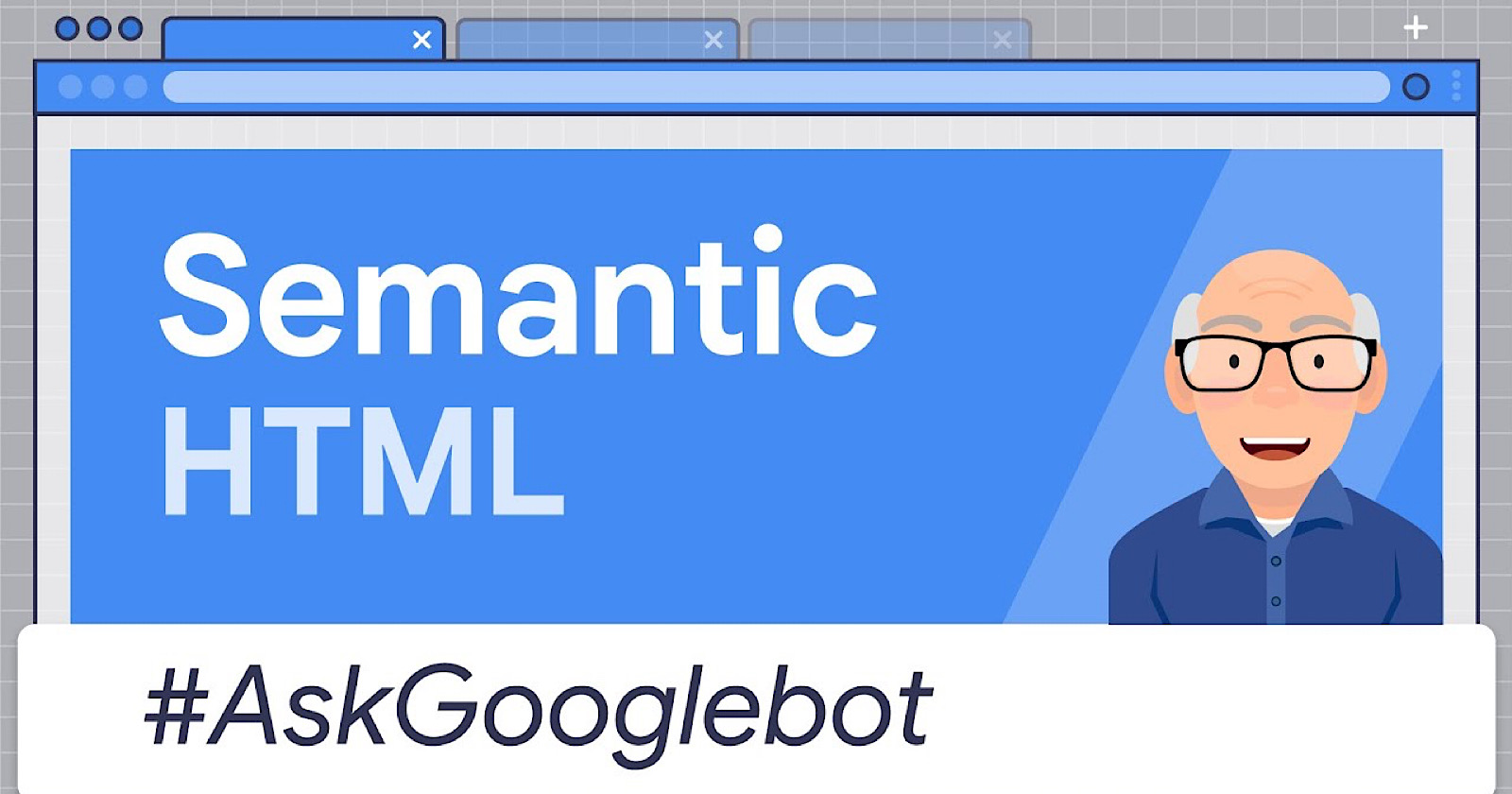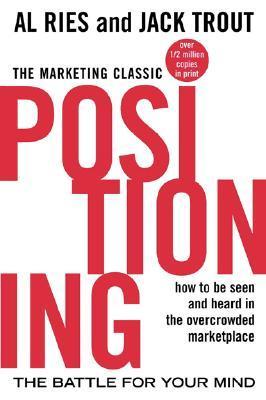- The SEOs Diners Club
- Posts
- The SEOs Diners Club - Issue #71 - Weekly SEO Tips & News
The SEOs Diners Club - Issue #71 - Weekly SEO Tips & News
Here are the weekly SEO insights for the SEOs Diners Club members.

You may also join our free SEO Diners Club network to ask questions and share your thoughts.
Google Analytics 4 (GA4) Officially Replaces Google Universal Analytics
The shutdown of UA has begun, but Google has stated that this will be done in stages, so some data may still be accessible.
The forced transition to GA4 is a historic milestone in digital marketing. Advertisers are now required to use GA4 to track the performance of their websites and campaigns unless they are looking for an analytics alternative outside of Google.
Google notes that turning off Universal Analytics is gradual, so some marketers may still have access to specific data. However, all currently working features are scheduled to be phased out. For example, while I was writing this article, the Universal Analytics code following Stradiji.com was still receiving data.
After this stage, if you continue to use Google Analytics 4, you must adapt to GA4 as soon as possible and use it effectively.
For this, you can review the following resources in Search Engine Journal:
If you want to specialize in GA4, you can enroll in one of the courses at the link below:
If you are a ChatGPT Plus subscriber, you can learn how to analyze your GA4 data using the plugin mentioned in the article whose link I shared below:
If you haven't completed the GA4 migration, you can migrate by reading the article we published on the Stradiji blog below. Many surveys show that many sites have not yet completed the transition. I'm guessing that Google might stretch a little on the time it allows for this transition.
Noticeable Fluctuation in Google Search Rankings on June 28 and 29
You may not have noticed, but Google rankings have fluctuated seriously this week.
We may have encountered another Google algorithm update that Google has not yet verified. This update starts on June 28th and culminates on June 29th.
The past few weeks have been very volatile in Google Search results. Even if no statement has been made by Google so far, all ranking tracking tools reveal that the fluctuation experienced during this period is an algorithm update. For example, the Semrush Sensor graph looks like this:

How to Overcome Fraud Syndrome in SEO and Digital Marketing
More than 90% of people in the digital marketing industry experience imposter syndrome. Here are some tips on how you can deal with it.
The "Imposter Syndrome" is a psychological phenomenon in which one doubts one's abilities and achievements. It refers to a state of self-doubt and believing that one is not as competent as others think.
Impostor Syndrome is a psychological condition in which a person constantly questions their abilities and achievements. In general, it describes feeling inadequate and believing that others are less capable than they think.
I've spent most of my professional life not finding myself competent. I don't feel comfortable applying for an award or sitting down with a friend, chatting about my career, and counting my achievements.
Only after a person reaches a certain age and maturity realize that these thoughts harm him both psychologically and career. When he realizes he is not a professional who does not have these thoughts, he starts to pick up the situation.
SEO expert Harmony Huskinson surveyed more than 150 digital marketers online, and 90% of the responses were “Yes, I've had the fraud syndrome throughout my digital marketing career”.
If you feel unsuccessful and dishonest because of SEO experts who constantly publish SEO success stories and claim that they have never failed, don't worry, you are not alone. Failure has its instructive aspects, too. You can learn to be more successful by learning a lesson from every failure.
Bing Adds New AI-Powered Shopping Tools
New price-matching monitors, buying guides, and review summaries powered by Bing Chat are rolling out.
Microsoft has announced new AI-powered shopping tools powered by Bing and Bing Chat. These include new price-matching monitors, AI-generated buying guides, and review summaries aimed at “helping you shop confidently and save money.” This feature will be available in the US first.
Semantic HTML: It Doesn't Matter, Even If It's Not a Ranking Factor
John Mueller from Google recommends using semantic HTML. While semantic HTML is not a ranking factor, it helps search engines understand the content and increases accessibility.
Semantic HTML gives meaning and structure to web content. It helps search engines and assistive technologies understand the content. Semantic HTML is not a direct ranking factor but improves SEO and accessibility. The use of semantic HTML creates an optimal experience for all users.
Semantic HTML elements include headings, paragraphs, and lists. Headings are used to indicate importance and create hierarchy. For example, <h1> is the most important topic, </h1><h6>while it is the least important topic. Paragraphs are used to represent blocks of text. <p>element defines a paragraph. Lists are used to organize items. </p><ul>and defines a list item <ol>when creating unordered and ordered lists, respectively .<li></li></ol></ul></h6>
You can find more sample applications in the following article:
Google Will Deprecate Sitemaps Ping This Year
Instead, Google suggests an accurate lastmod date in your Sitemap file.
Google has stated that it will stop support for sitemaps ping by the end of the year and that this endpoint will not be used. This means that HTTP ping requests will return a 404 error.
What is Sitemap Ping?
Google states that the sitemap protocol defines an unverified REST method for submitting sitemaps to search engines. This is a way to “ping” search engines that the sitemap has been updated.
Why Is Google Stopping Ping Support?
In addition to its internal studies, Google states that other search engines, such as Bing, do not find these unverified sitemap submissions very useful. Google states that it is primarily submissions that lead to SPAM.
What Are Our Alternatives?
Google states that you can submit your sitemaps via both Google Search Console and robots.txt files. Google says you should use the lastmod element in your sitemap file and that the date in the list should correspond to the date the page changed.
Google states that if your CMS has changed an unimportant piece of text in the sidebar or footer, you don't need to update the lastmod value for this page. However, if you changed the main text, added or changed structured data, or updated some links, you must update the lastmod value.
Google states that it does not use changefreq or priority elements for sitemaps.
As for SEO results, Google says, “Existing code or plugins using this endpoint will not be a problem for Google Search; you don't need to make any changes (but using the endpoint won't help either).” uses an expression.
The lack of ping support means your content may be detected a little slower or not, but Google doesn't seem concerned about this.
This is a warning that sitemap ping endpoint support will be discontinued later this year. So if you've done custom coding or are using a CMS that pings Google with these updates, you may consider stopping those pings later this year. You'll also want to ensure your lastmod data is accurate and useful.
Google's "Site:" Operator Doesn't Show Everything Indexed
Google experts warn: the "site:" operator has limits. Rely on Search Console instead for complete indexing information.
According to Google experts, the “site:” operator only shows some indexed pages. It cannot provide a complete list. Search Console offers a much more comprehensive view of indexing than the "site:" operator. While useful for limited purposes, you should not rely on the "site:" operator alone.
Book Of The Week: “Positioning: The Battle for Your Mind” - Al Ries
Positioning as a way of thinking has started a revolution in the business, marketing, and brand universe.
Over the 50 years since the term “Positioning” was first used, it has found its way into the strategy papers of many companies. But the most crucial point is still ignored… Companies position themselves only on paper.
"Success; It's not about the nature of your company, brand or product… It's a matter of creating a perception in the mind and owning it.” — Al Ries
The fact that your product is superior to its competitor or its price is attractive does not necessarily mean that it will be sold. The main thing is the perception formed in the mind.
The principles of entering the mind, adopting a position, and being remembered for decades are still a mystery to the majority. Those who did not consider the principles of strategic positioning had to pay the price of this situation sooner or later. But in the 21st century, when competition is fierce, and all kinds of crises are experienced on a global scale, there is no compensation for ignoring these principles.
I hope you enjoyed my weekly SEO insights. Hope to see you the following Monday in the new episode. I wish you all a great week.
Best,
Mert Erkal
How Can I Help You?











